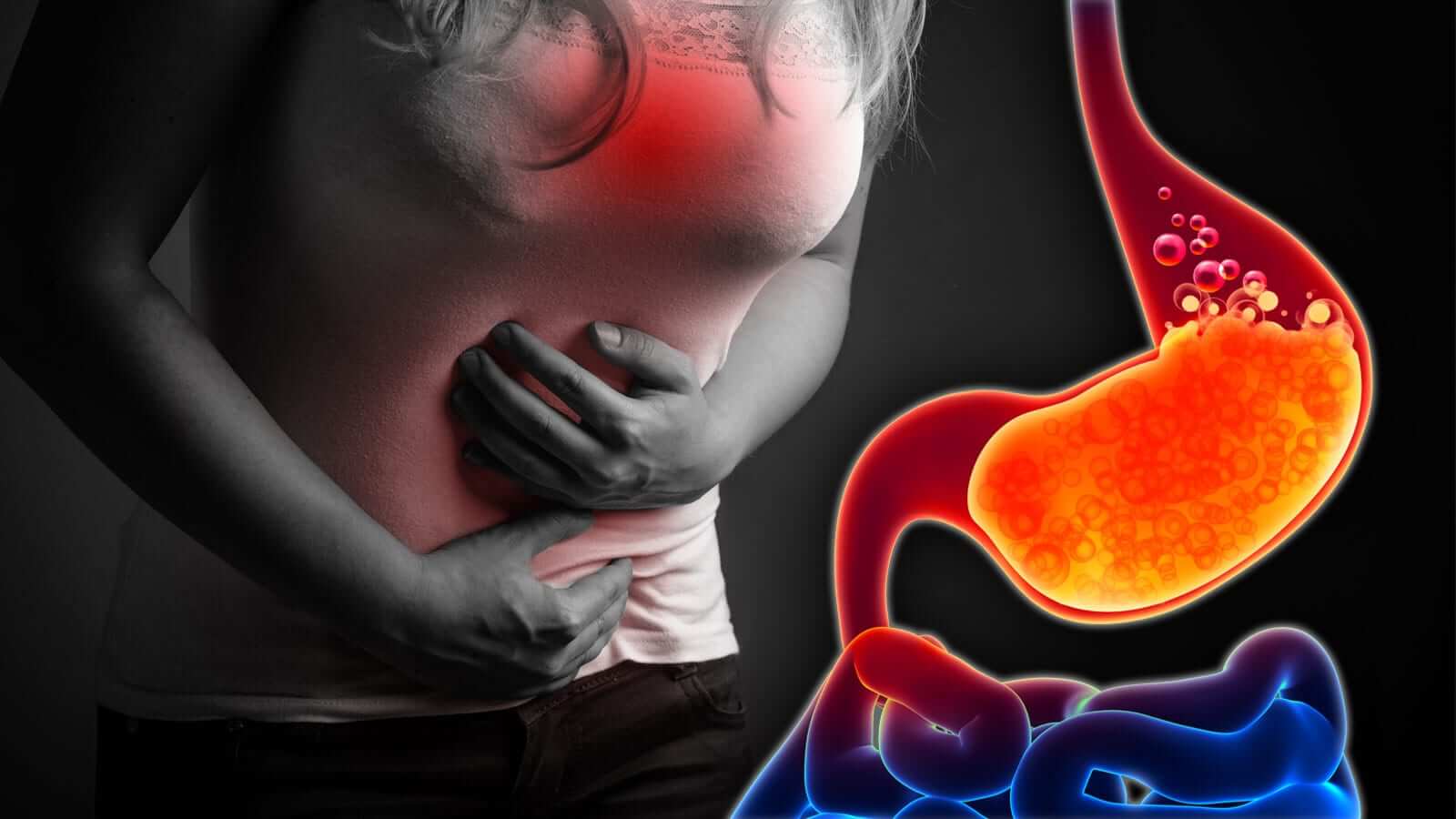Foods to Eat and Avoid with GERD
Everyone experiences heartburn. If it occurs frequently for you, you might have Gastroesophageal reflux disease (GERD). When the esophageal sphincter, a tube that opens and closes to let food pass and stay inside the stomach, is weak, it permits stomach contents to travel back through the esophagus, which is a condition known as GERD. Although GERD is typically a chronic condition, diet changes can help to decrease or control the symptoms.
If I have GERD, what foods should I avoid?
A number of foods frequently cause GERD symptoms. They can stall the absorption of nutrients and prolong the time that food remains in the stomach. One of the main offenders are foods high in fat. Additional trigger foods include:
- Fried food
- Dairy products
- Spicy Foods
- Foodstuffs with onion or garlic
- Astringent fruits and veggies (Tomatoes, Pineapple, Orange, etc.)
- Foods rich in cholesterol and salt
- Carbonated Drinks
- Alcohol
What can I eat while having GERD?
In the same way that some meals might make your GERD symptoms worse, other foods can also help avoid GERD. These are a few of the foods:
- Fruits and veggies without acid
- Healthy proteins
- Foods high in fibre
- Eggs
- whole grains
- Foods with a lot of water
- Aliments with a low pH
How can I identify the causes of my GERD symptoms?
The easiest method to figure out what sets off your GERD symptoms is through trial and error. After elimination of all high-risk foods from your diet, you can gradually begin to reintroduce each one to observe if it triggers the recurrence of your GERD symptom
Dr. R. Phani Krishna
